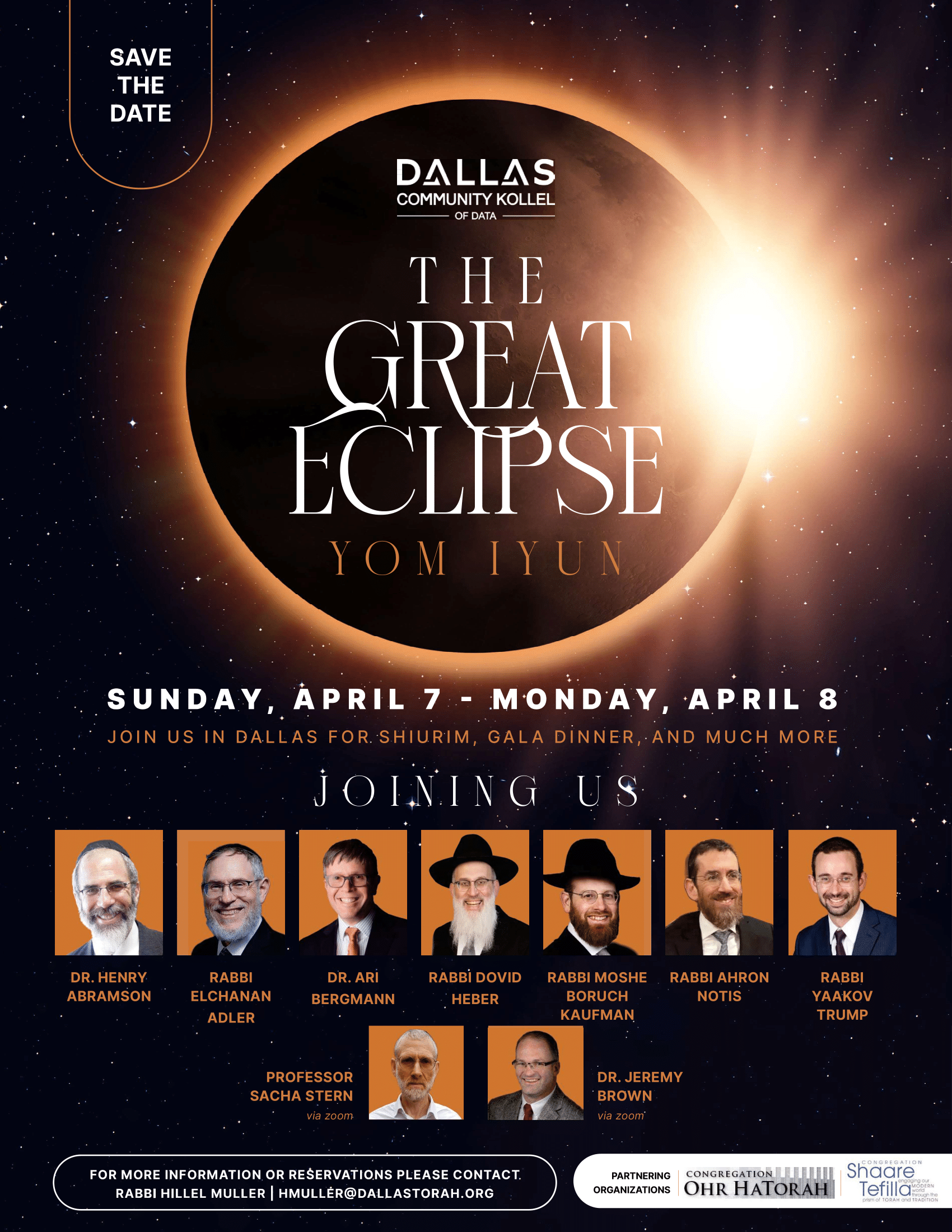Boy do Jews ever go to doctors!
As we will see, the early Jewish scholars dealt with your question. Firstly, we should know that some of the greatest Torah scholars throughout the millennia were also leading doctors. To name a couple, Maimonides was chief physician to the Sultan of Egypt (imagine how his mother swooned — “my son the doctor”), Nachmanides was a leading physician in Spain, and many of the Rabbis mentioned in the Talmud were doctors as well, including the renowned sage Shmuel.
The source for the mitzvah of becoming a doctor is in the Torah, when discussing the damages one is liable to when wounding another Jew, the Torah says one should pay workers’ compensation and should surely heal him, as it says “verapoh yeirapeh.” The Talmud comments upon this, that from here we see that a doctor has permission to cure a sick person. The classical commentary Rashi explains that Talmudic statement, that one may perhaps ask, “G-d struck him and you’re going to heal him?”! Therefore, the Torah informs us that one has permission by G-d Himself to cure a sick person, and it’s not considered “playing G-d” or infringing upon His will to do so.
The “Code of Jewish Law” goes a step further, stating: “The Torah has given permission for a doctor to cure, and it is a mitzvah (to do so), and is included in the mitzvah to save a life. Furthermore, if one (who is capable to cure and) withholds himself from curing the sick person, it is tantamount to spilling his blood.”
The Code is elevating the status of curing the sick from that of permission, to the level of a mitzvah to do so. The rationale to the above ruling can be found in the following fascinating story cited in the Midrash: Two sages, Rabbi Ishmael and Rabbi Akiva, were walking with a layman. They were approached by a sick man, who described his illness to the rabbis and asked them if they knew a cure. They replied that they did and prescribed it to the ill person. When he left, the layman asked them, “Who afflicted that man with his sickness?” They replied, “The Holy One, Blessed Be He.”
He said to them, “Are you so wise that you entered into a domain that is not yours? He (G-d) afflicted and you will cure?” The rabbis replied to the man, “And what is your livelihood? He said, “I work the land, and behold here is the hoe in my hand.” They asked him, “And who created the ground, who created the vineyard?” He replied, “The Holy One, Blessed Be He.” They asked him, “and how are you entering a domain that is not yours (by plowing and changing the land)? G-d created the ground, go and eat the fruits that He has produced (without making your own changes)!”
He replied, “Don’t you see the hoe in my hand? If I don’t go out and plow the land, smooth it out, fertilize it and weed it, the ground will produce nothing.” They proclaimed to the man, “Don’t you see the answer from your own livelihood? Just as a tree not treated properly, fertilized and watered will not only not produce, but will die, also the body of man is like the tree; at times the fertilizer is the medicine he needs, and the ‘man of the land’ is the doctor.”
We learn from this midrash that for a doctor to cure is included in the general will of the Creator that man should repair and perfect the world, and therefore is not contradicting His will. That being said, both the doctor and patient need to realize that the cure is ultimately being performed by G-d, not the medicine or the doctor alone, which are merely the agents G-d utilizes to carry out His will.
There is also a level of cognizance that a sickness is a wake-up call from above to improve one’s ways. There were pious people in past generations who would cure themselves with repentance, heeding the wake-up call and circumventing the need for the doctor. We, however, are not on any such level, and don’t have permission to circumvent doctors and the way of the world which is to be involved in healing processes. This does not mean, however, that we are not to heed the wake-up call, and utilize any illness as an opportunity for prayer, repentance and growth.
I once was relating a course of treatment being administered to a colleague of mine to my rabbi in Jerusalem, a rare, pious tzaddik. He was satisfied with what I told him, and I interjected that we need to add a chapter of Psalms to the treatment. He became upset with me, and said, “We don’t add the Psalms to the treatment — we add the treatment to the Psalms!”
May we all be blessed with good health!
Rabbi Yerachmiel Fried



